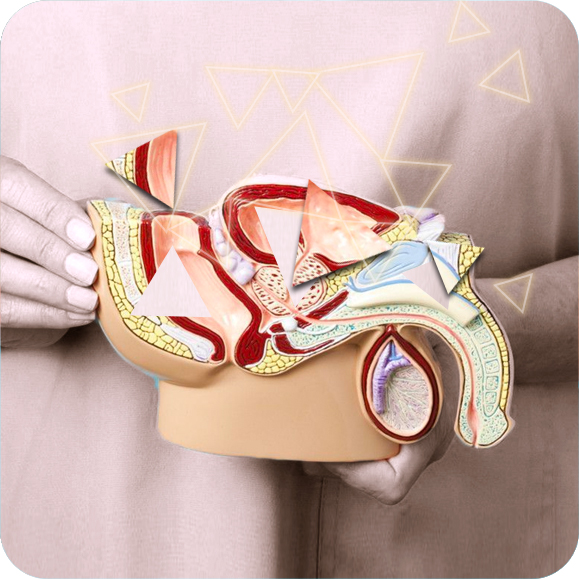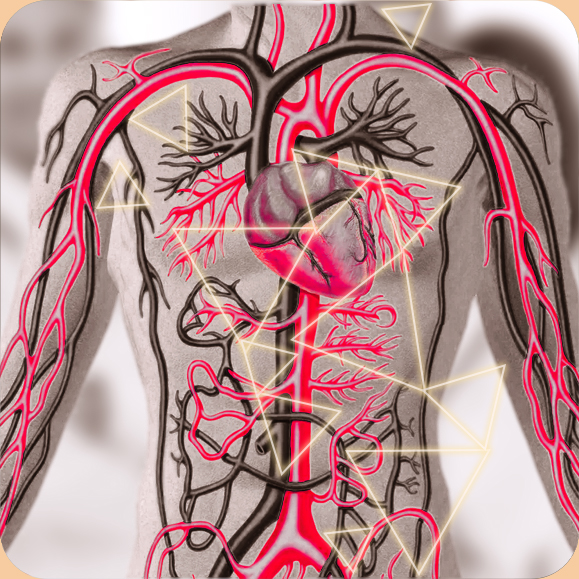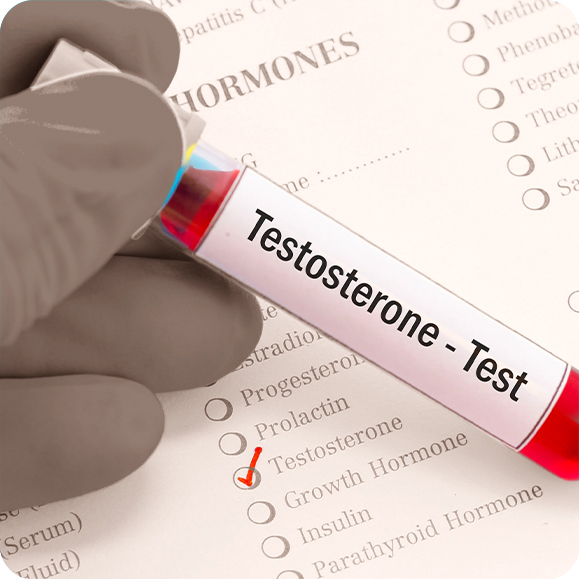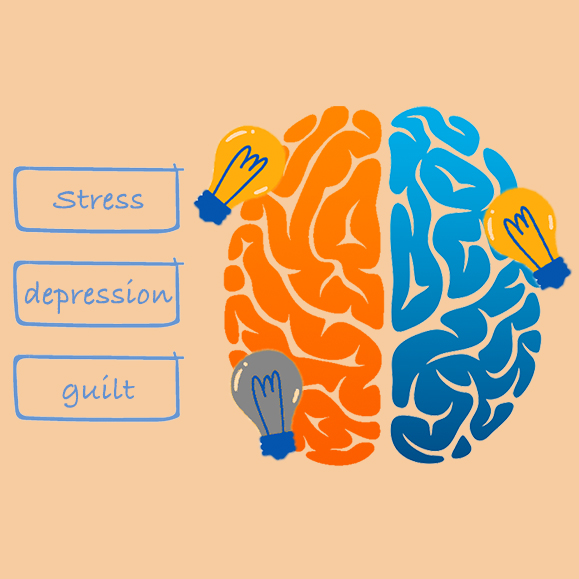Circulatory system
Normal erections require normal blood flow into the penis and normal dilation or relaxation of certain areas of the penis to allow for increased blood flow. When one of these systems does not work well, either the blood flow to the penis is inhibited, or the relaxation mechanism doesn't work. Well, erections will not be adequate for sexual activity.
Did you know, that Ed can be an early warning sign for cardiovascular disease This means that you may be at greater risk for things like heart attacks and strokes. This would make sense, because if the penis has difficulty with blood flow to certain areas, the heart or brain also may be having difficulty receiving blood normally. So naturally since chronic conditions such as diabetes and chronic kidney disease increase someone's risk for cardiovascular disease. These conditions are also associated with a risk for Ed. Basically, anything that's bad for your heart is also bad for your penis. So high blood pressure smoking, elevated cholesterol and obesity also have a higher risk for Ed, and conversely exercise is associated with a lower risk for Ed.
The next system involved is the neurological system or the nerves. When a man has sensual visual input nerves send signals to the spinal cord, located between the T11 and L2.
Another type of erection can occur with touch. To the genital area, which sends signals to the sacral spinal area. From there impulses travel to the pelvis, which then instructs increased blood flow to the penis. So, if a man has had a lower spinal cord, injury or stroke, these nerve impulses will be inhibited and erections won't occur. Furthermore, if a man has had damage to their pelvis from either an accident, prostate surgery or radiation treatment, this can also inhibit or damage the nervous system and nerve signals will be damaged. Usually this type of erectile dysfunction develops suddenly there's a marked decrease in inability to maintain an erection after an event occurs.










